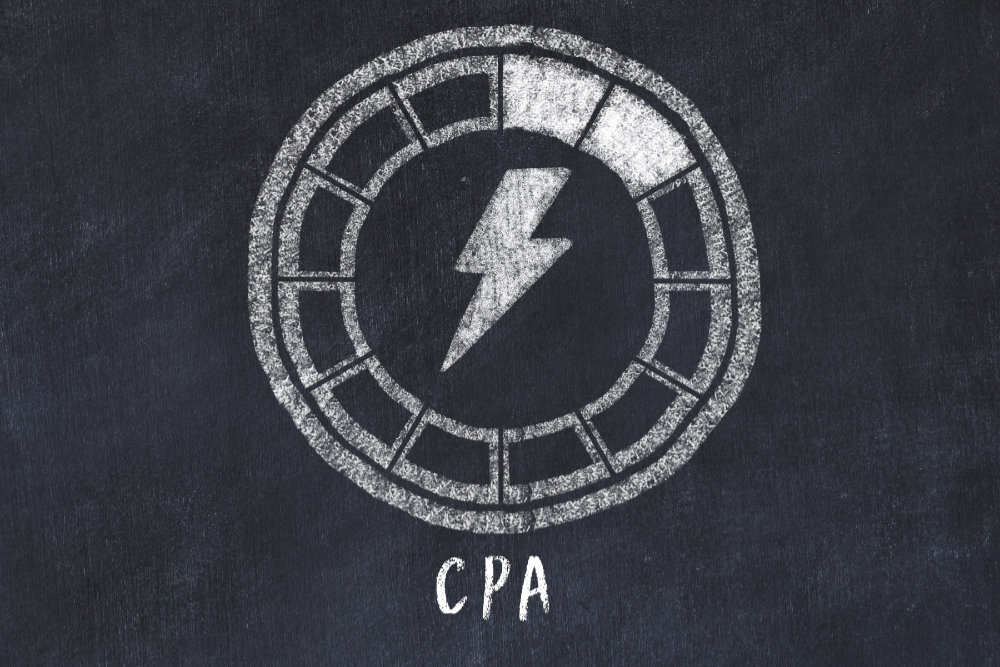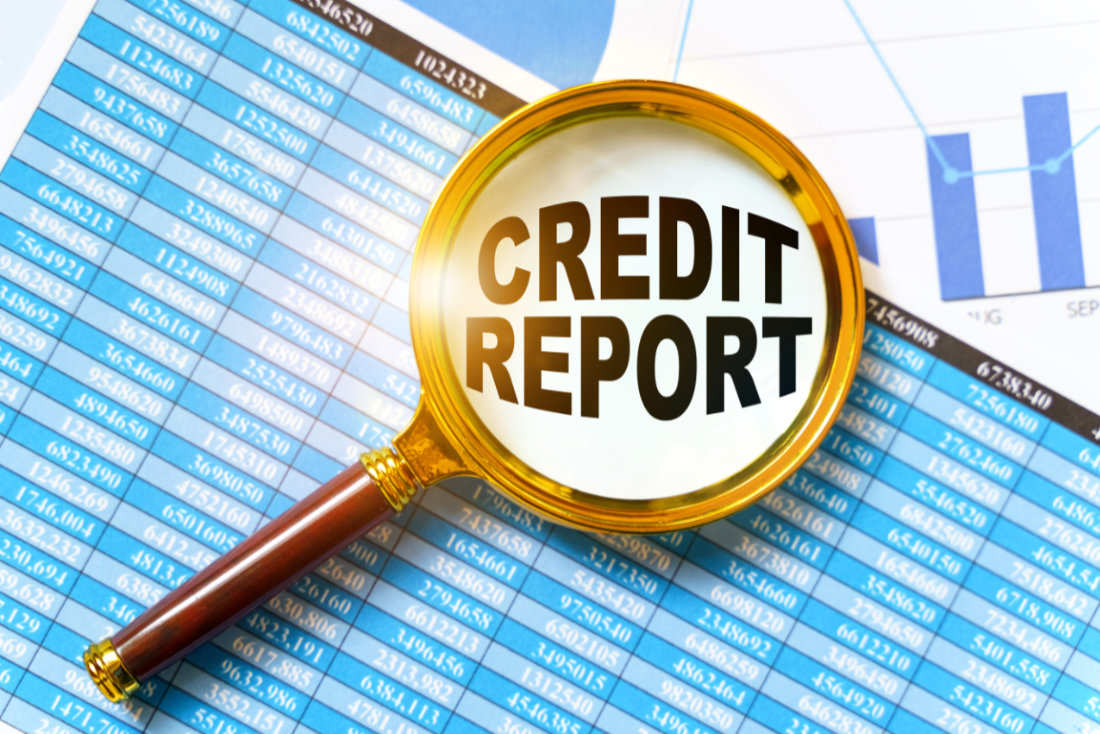How to Bounce Back From Bad Credit
April 18, 2024
Your credit report and score are always evolving. They reflect your record of paying debts on time, over time. Even if you had great credit in the past, it may be that your credit has suffered, and your score’s taken a nosedive. Even though that’s bad news, the good news is that credit is always changing, and it’s possible to come back from bad credit. Given enough time and the right moves on your part, it’s possible to get your credit back where it should be, where it can serve your needs instead of keeping you back. Following are some steps you can take. You might not be able to do everything at once, but every little bit will help.
Take a Second Job For Extra Income
A lot of times when someone’s credit suffers, it’s because they just didn’t have the money to keep up with monthly payments. If this is similar to your situation, you may want to consider getting a second job—at least temporarily—so you get some extra income to start making those payments. And even if this doesn’t describe your situation, you might still want a second gig because you’re going to have a lot of added interest to pay, due to the missed payments. After things settle, you can leave the extra gig, but then it may be time to take the next step on this list, re-evaluating your income.
Re-evaluate Your Income Needs
If your income hasn’t been enough to make your payments on time, it’s possible that you just aren’t making enough. You may need to talk to your boss about a raise, or start looking for a higher paying job elsewhere. Ideally, you want to be able to pay your bills and have enough left over for your savings. If this isn’t happening, then you either need to make more money every month, or consider the next item listed here.
Take a Look at Your Spending Habits
Are you living above your means? Sometimes people get into credit problems because they’re using credit cards to fund a lifestyle that they can’t afford. You want to be able to pay off your credit card bill each month, not just make the minimum monthly payments. And you also don’t want to be using your credit card for perishables like luxury items that are out of your price range. Again, if you’re using credit cards to pay for a lifestyle that’s above your means, you should work on your spending habits to keep them in check, so you can start building your credit back up.
Become an Authorized User
Becoming an authorized user on a family member or friend's credit card account with a positive payment history can be a strategic move to bounce back from bad credit. As an authorized user, you inherit the primary account holder's credit history, potentially boosting your own credit score. However, it's important to ensure that the primary account holder uses credit responsibly, as any mismanagement could negatively impact both parties. By piggybacking off their good credit habits and making timely payments, you can gradually improve your creditworthiness. This method offers a relatively low-risk opportunity to rebuild your credit.
Get a Secured Credit Card
A secured credit card is a tool to rebuild credit for those with a history of bad credit or no credit. Unlike traditional credit cards, secured cards require a cash deposit, which acts as collateral and sets the credit limit. By responsibly using the secured card, making timely payments, and keeping balances low, individuals can demonstrate creditworthiness to lenders. Over time, as the individual establishes a positive payment history, they may qualify for unsecured credit cards with higher limits and lower interest rates. This gradual improvement in credit utilization and payment behavior usually helps rebuild credit scores effectively.
Get a Loan to Pay Off Debt
Sometimes it makes sense to borrow money to pay off credit cards all at once. Only do this if you can get a low-interest loan from a lender or a friend. Never resort to hard money lenders or payday lenders; that will only dig you in a deeper hole than you were before. Once you get caught up with your payments, put the cards away and forget about them. The last thing you want to do is max out the cards again and then also owe money for the extra loan you got.
Stay in Touch With Creditors
Don’t ghost your creditors. Pick up the phone and make that difficult call to tell them that you know you’re late on your payments. They’ll want to know your circumstances and when you think you’ll be able to catch up with your payments again. In some cases, they may offer you a payment plan, or offer to stop charging you interest on your outstanding debt. Their response will depend on what kind of customer you’ve been in the past. If you are able to make a suitable payment arrangement, make sure you fulfill your part of the bargain. Otherwise, the debt will go to a collection agency, which will really make your credit report look bad.
Talk to Your CPA
Your CPA may have some ideas about how to improve your financial situation. Don’t be afraid to ask for a consultation to discuss your issues. Remember, aside from you, they have the most information about your finances, so they can act as an objective counsel to give you tips about bouncing back from bad debt.
No matter how you got into a position of having bad debt, there is a way out. You will need to be patient. It can take a year—or even more—to improve your credit to the point where it used to be. Just stick with your plan and resolve to do things differently in the future, so you don’t find yourself in this predicament ever again!
by Kate Supino









